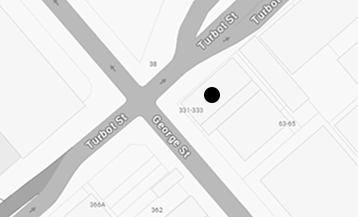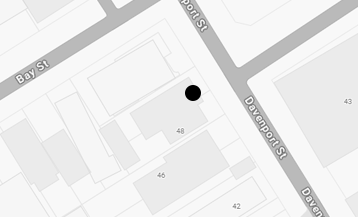Family disputes can be emotionally draining and impact on, not only your life but also those of your extended family.
It’s important to realise that entering a formal legal process with your family should be considered a fall-back position rather than a primary option, but it is available to you if all avenues have failed. Here is what you need to know before you begin the process, and as always, we recommend you seek advice from a qualified practitioner who understands family law before taking any action.
Know What You Want
Before stepping into court, you will likely have to go through a dispute resolution process. This will involve formal mediation facilitated by a court-appointed practitioner. Before you begin, you should define, not only what you consider to be a best-case scenario, but also your fall-back position. While this is often difficult to think about, if mediation is successful and you can find a middle ground that everyone considers acceptable, you can move on with your life and perhaps rebuild relationships. Have a clear picture of what you want before starting mediation.
Dispute Resolution Services
As mentioned, before going to court, you will likely be required to undergo a mediation process using dispute resolution services. This will mean meeting with a mediator and other family members and attempting to find a middle ground. It’s important to seek advice before entering into dispute resolution, as you need to know the strength of your argument and, based on that, the strategy you should pursue. Don’t assume that you have a good case which will stand up in court (if you reach that stage) without having a thorough understanding of your legal requirements and obligations.
Dispute resolution and mediation work well if both parties enter into it with a view to finding a middle ground. This is not the time to be overly aggressive, to alienate any family members or to react emotionally if things start to get personal. Keep a cool head, listen carefully to what everyone has to say, and attempt to have a constructive dialogue. The mediator will make sure everyone gets an opportunity to speak, and you may be surprised to find that you and your family are closer to a resolution than you thought. If you cannot reach an agreement, however, you may need to go to court. Before you decide to do so, however, speak to your lawyer and again discuss the merits of your case.
Going to Court
If dispute resolution doesn’t work and you proceed to court, your lawyer will guide you through the process. They will argue the case and your behalf and lay out what they consider to be the best course of action. Your case will form the basis from which a decision will be made, and it’s important to keep in mind that any decision will be legally binding. This matters because the decision will be based on what is dictated by the law, rather than by what is “fair. “The law is designed to be impartial, so what you think you may be entitled to matters less than what is dictated by legal precedent.
For more information or to start a discussion, please contact our Brisbane criminal lawyers.








